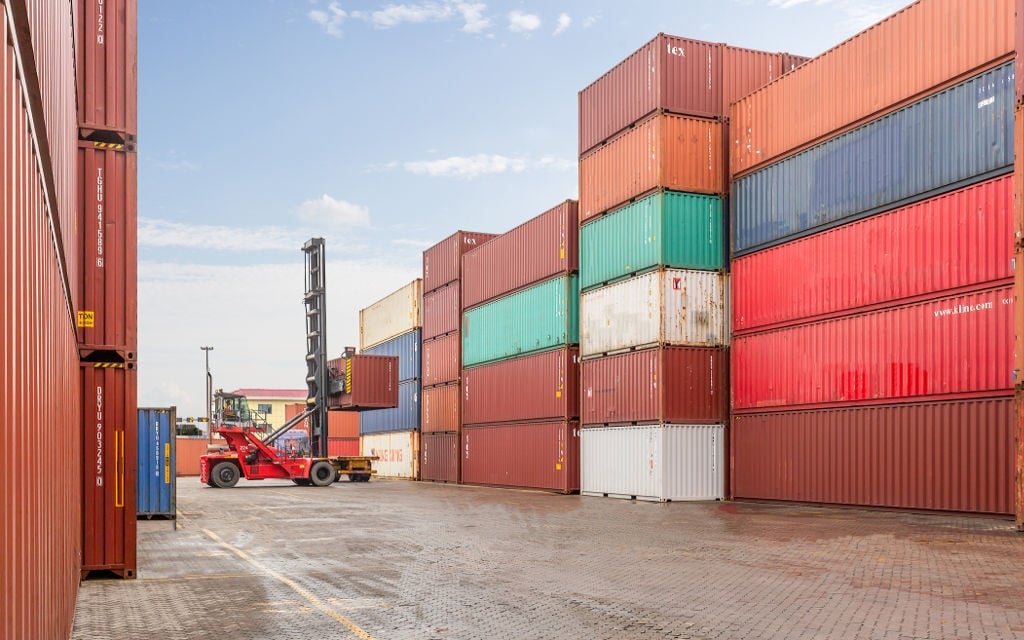
The economic recovery plan remains anchored in South Africa's ability to drive activities that will grow the economy, create jobs and remain focused on addressing the challenges of poverty and inequality, writes Phumla Williams.
The decreasing coronavirus (Covid-19) infections and improved recovery rates are promising signs that South Africa is gradually emerging from the onslaught of the dreadful disease that brought a large proportion of our economy to a grinding halt.
While the South African government's quick and decisive action to stem the tide of the virus by imposing the national lockdown significantly contributed to flattening the curve of new infections and reducing the number of deaths, the economy was consequently negatively affected.
This was confirmed by Statistics South Africa, which recently announced that the gross domestic product (GDP) fell by just more than 16% between the first and second quarters of 2020, giving an annualised growth rate of -51%.
When the World Health Organisation declared Covid-19 a global pandemic in March 2020, the economy of South Africa was already on a slow trajectory. Covid-19 has adversely affected people's livelihoods and the economy in general.
Triple challenge
The triple challenge of poverty, unemployment and inequality in our society widened over the past few months of the lockdown, thus exposing the historical patterns of inequality and poverty affecting mostly vulnerable groups in the country – the unemployed, women, youth, children and the elderly. This necessitated the need for government to urgently intervene in reigniting the economy to sustain livelihoods and create much-needed jobs.
In March, when government strategically intervened and announced a national lockdown, it was fully aware of the precarious situation the country was in at the time. As a country, we needed to prepare for the potential increase of new infections as it was already happening globally. Based on advice from medical experts, the only way to save lives was to temporarily put the country on hold to enable government to provide proper health infrastructure to handle the anticipated increase in Covid-19 cases.
On the other hand, to mitigate the economic challenges and untold hardships experienced by employers and employees who were unable to operate owing to lockdown restrictions, as well as the plight of the unemployed and beneficiaries of social grants, government implemented the R500 billion social and economic stimulus package.
This was equal to 10% of the country's GDP. Obviously, this was a temporary relief intervention to ease the socio-economic hardship of the most vulnerable South Africans, in particular. Therefore, in one of his addresses to the nation, President Cyril Ramaphosa reiterated the need for an economic stimulus plan that should involve all social partners represented at National Economic Development and Labour Council.
The plan remains anchored in our ability to drive activities that will grow the economy, create jobs and remain focused on addressing the challenges of poverty and inequality.
In this regard, government has, together with the social partners, developed the Economic Reconstruction and Recovery Plan that was recently approved by Cabinet.
The economic recovery plan seeks to fast-track urgent structural reforms, expand employment programmes, facilitate large-scale infrastructure projects and implement measures to promote localisation and enhance regional and continental trade. Some of the envisaged investments will be in energy, water and sanitation, roads and bridges, human settlements, health and education, digital infrastructure and public transport.
The impactful sectors will be funded and tracked to monitor their capacity to stimulate growth and build confidence and competitiveness in the economy. The plan will also drive transformational economic interventions to widen the economic base of the country.
Mass Public Employment Programme
Through a Mass Public Employment Programme more people, particularly the youth, will be able to enter the job market and actively participate in economic activities. This programme focusses on jobs in maintaining infrastructure and community care work.
In drawing more South Africans into the mainstream economy, empowerment interventions will transform ownership patterns in the economy and enhance the participation of vulnerable groups.
The macro-economic interventions detailed in the recovery plan will restore financial stability through better revenue collection and fiscal prudence within the public sector. Through the Presidential State-Owned Enterprises (SOE) Council, government remains on track to also repurpose SOEs.
Once adopted, the recovery plan will be implemented in three phases – with the immediate phase focussing on the supply base and livelihoods, the medium-term phase on the recovery of the economy and the long-term phase on transforming the economy. National Treasury is conducting the modelling of the overall impact of the interventions.
As the Covid-19 pandemic continues to stabilise and efforts to rebuild the economy are intensified, being vigilant and adhering to the basic health protocols of washing hands with water and soap or using an alcohol-based sanitiser, maintaining social distancing and wearing a mask in public will remain the new normal for all people in South Africa. We must all put our hands on deck to ensure the success of the Economic Reconstruction and Recovery Plan.
- Phumla Williams is director-general of the Government Communication and Information System
